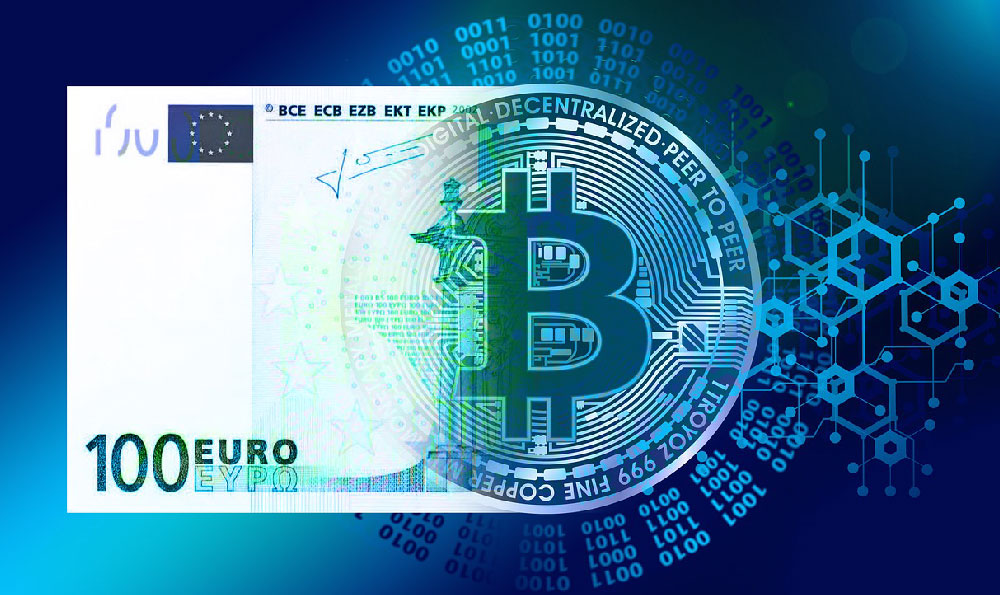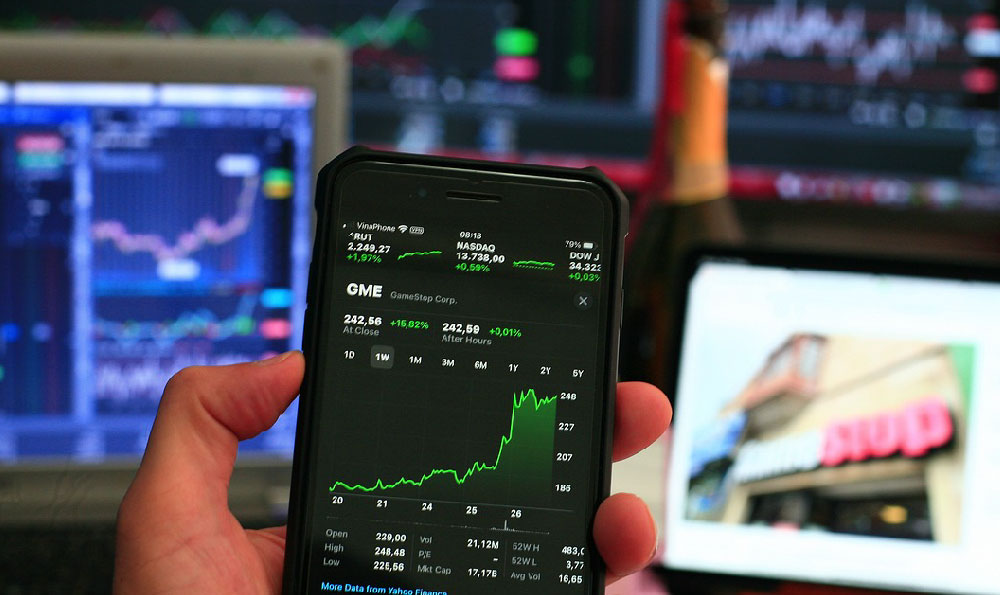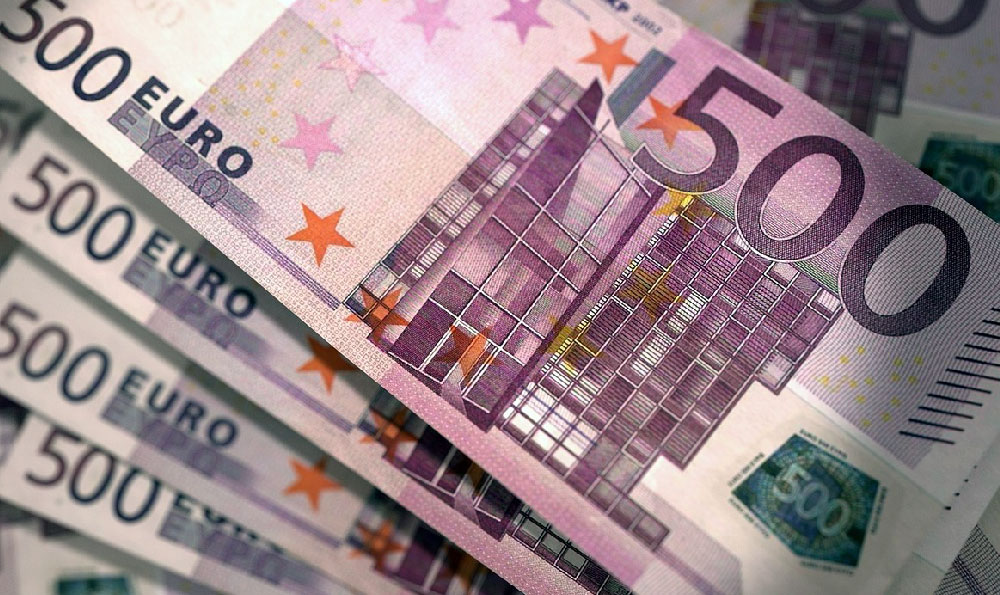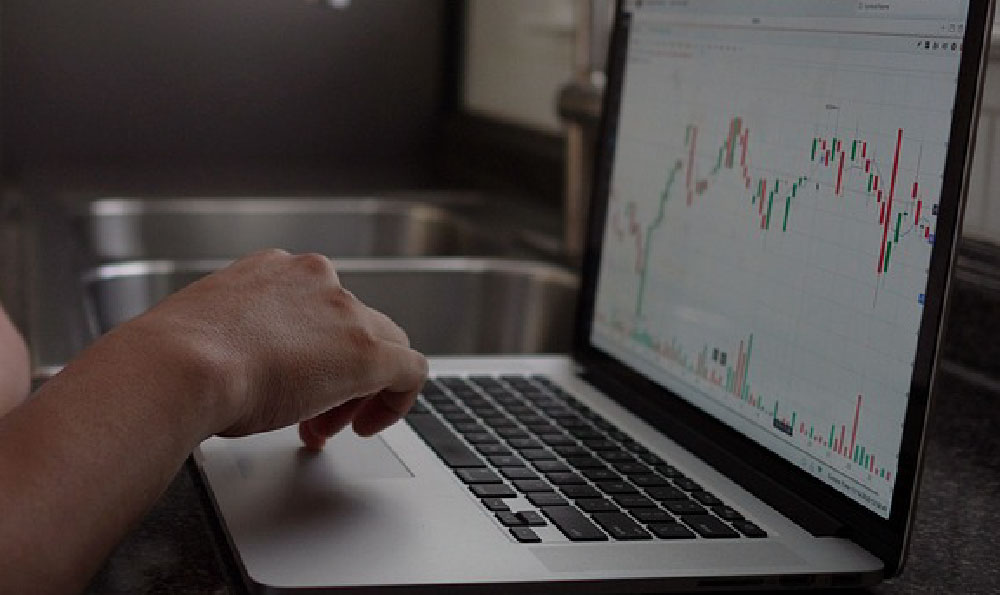Okay, I understand. Here's an article answering the question, "NFT Investing: What Are They and How Do I Start?", written in a comprehensive style without explicit numbered lists, prioritizing depth and clarity.
NFT Investing: Navigating the Digital Frontier
The world of finance and technology is constantly evolving, and one of the most talked-about developments in recent years is the emergence of Non-Fungible Tokens, or NFTs. They represent a unique class of digital assets that are revolutionizing ownership, art, collectibles, and even real estate. Understanding what NFTs are and how to approach investing in them is crucial for anyone looking to participate in this burgeoning market.
At its core, an NFT is a cryptographic token representing a unique item. The "non-fungible" aspect is key: unlike cryptocurrencies like Bitcoin, where one Bitcoin is essentially identical to any other Bitcoin, each NFT is distinct and cannot be directly exchanged for another. Think of it like comparing a dollar bill (fungible) to a one-of-a-kind painting (non-fungible). The painting holds unique characteristics and a value based on its individual attributes and provenance.

This uniqueness is guaranteed through blockchain technology, typically Ethereum, though other blockchains are also used. Each NFT's metadata, including its creation date, owner history, and sometimes even embedded content, is immutably recorded on the blockchain. This creates verifiable scarcity and ownership, which is fundamental to its value proposition. This verifiable scarcity is a critical element attracting collectors and investors alike. It ensures that there will only ever be one authentic version of a particular digital artwork, music track, or virtual item.
So, what can NFTs represent? The possibilities are virtually limitless. The most popular use case is digital art, where artists can tokenize their creations and sell them directly to collectors, bypassing traditional gatekeepers like galleries and auction houses. Beyond art, NFTs can represent collectibles like trading cards, virtual land in metaverse environments, in-game items, music, videos, domain names, and even physical assets with their ownership represented by an NFT.
The potential applications extend far beyond just collectibles. NFTs are being explored for use in supply chain management, intellectual property rights management, and even voting systems, offering increased transparency and security. The ability to prove ownership and authenticity in a digital environment has far-reaching implications for various industries.
Now, let's turn to the crucial question of how to start investing in NFTs. The process can seem daunting at first, but with a methodical approach, it becomes manageable.
The first step is to acquire a cryptocurrency wallet that supports NFTs. MetaMask is a popular browser extension wallet, while Trust Wallet is a well-regarded mobile option. These wallets allow you to store your cryptocurrencies and interact with NFT marketplaces. You will also need to fund this wallet with cryptocurrency, typically Ether (ETH), as it’s the primary currency used on the Ethereum blockchain where many NFTs reside. You can purchase ETH on cryptocurrency exchanges like Coinbase, Binance, or Kraken.
Once your wallet is set up and funded, you can explore NFT marketplaces. OpenSea is currently the largest and most comprehensive NFT marketplace, offering a wide variety of NFTs across different categories. Other popular marketplaces include Rarible, SuperRare (focused on curated digital art), and Nifty Gateway.
When browsing these marketplaces, it’s essential to do your due diligence. The NFT space is still relatively new and unregulated, making it susceptible to scams and fraudulent projects. Before investing in an NFT, research the artist or creator, the project's background, and the community surrounding it. Look for projects with a strong team, a clear roadmap, and genuine engagement from collectors. Consider the rarity and utility of the NFT. Rarity can be assessed using tools like Rarity Sniper, which analyzes the attributes of different NFTs within a collection to determine their relative scarcity. Utility refers to the NFT's function beyond simply being a collectible. Does it grant access to exclusive content, events, or communities? Does it have in-game use?
Evaluating the project's roadmap and community is equally important. A well-defined roadmap demonstrates the project's long-term vision and potential for growth. A strong community can indicate genuine interest and support, contributing to the NFT's value and longevity. Beware of projects with little to no community engagement or those that rely heavily on hype and marketing without substance.
When you find an NFT that you're interested in, you can purchase it directly from the marketplace or participate in an auction. Prices can range from a few dollars to millions of dollars, depending on the NFT's rarity, demand, and historical significance.
Investing in NFTs comes with inherent risks. The market is volatile, and prices can fluctuate dramatically. It's possible to lose money on your investments, especially if you invest in projects without proper research or if you fall victim to scams.
It's crucial to approach NFT investing with a long-term perspective. Think of it like investing in art or collectibles – it's not a get-rich-quick scheme. Focus on projects that you believe in and that have the potential to appreciate in value over time. Diversify your investments to mitigate risk. Don't put all your eggs in one basket.
Finally, remember that the NFT space is constantly evolving. Stay informed about the latest developments, trends, and technologies. Follow reputable news sources, participate in online communities, and learn from experienced NFT investors. Continuous learning is key to navigating this dynamic and exciting new world of digital assets. By understanding the fundamentals, conducting thorough research, and exercising caution, you can participate in the NFT market and potentially benefit from its growth. However, always remember that responsible investing involves understanding and accepting the associated risks. Only invest what you can afford to lose.












